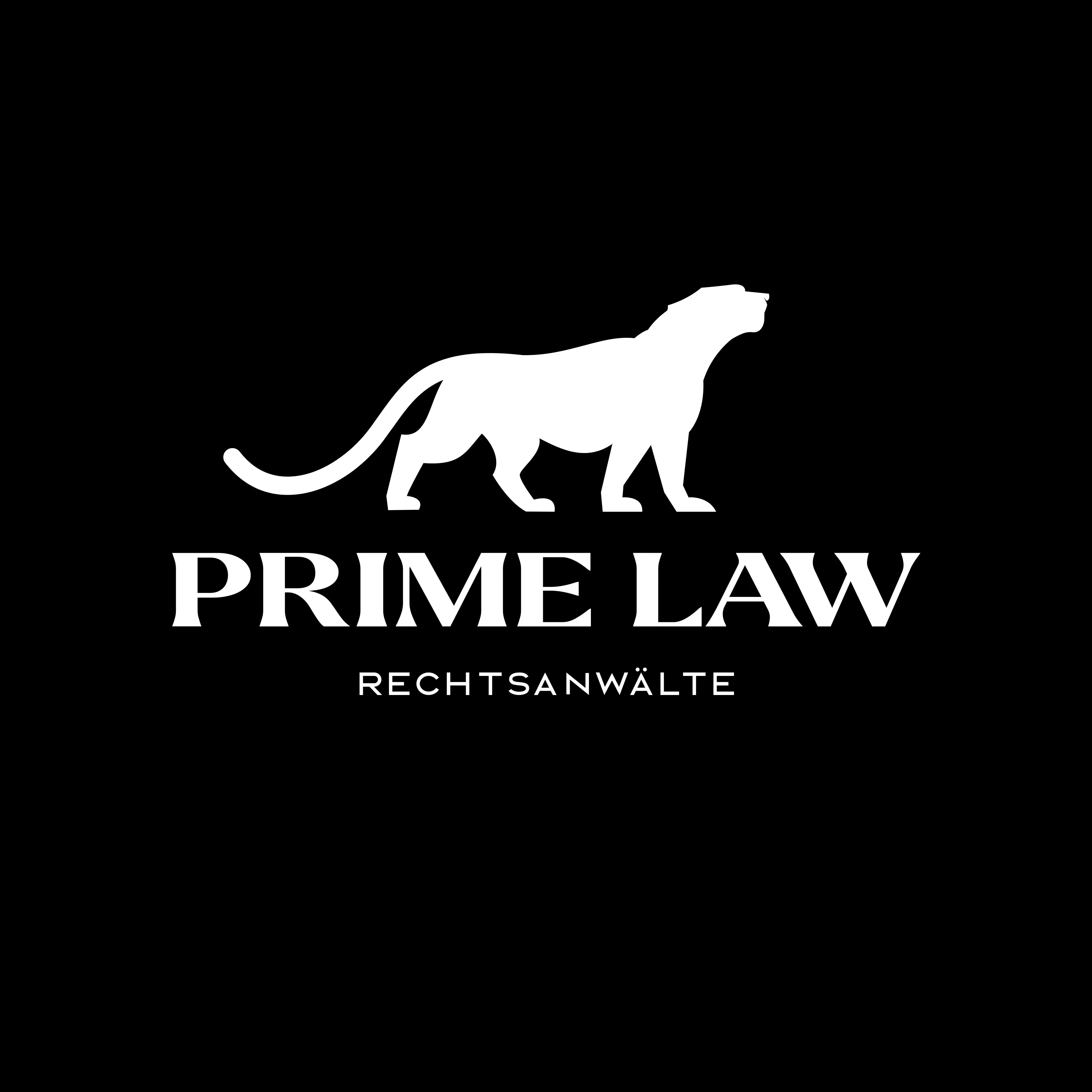Debt Collection Agency in Austria - No Win, No Fee
Your claims are handled exclusively by B4B Forderungsmanagement und Inkassogesellschaft mbH, our licensed Austrian debt collection partner (Inkassoinstitut) with over 20 years of expertise and up to 77% recovery rates.

Why Choose Debitura for Debt Collection in Austria

Fast, simple and risk-free debt collection in Austria
Debitura connects you with B4B Forderungsmanagement und Inkassogesellschaft mbH, a Vienna-based Inkassoinstitut licensed since 2002, with up to 77% recovery rates and membership in the Inkassoverband Osterreich.
- Risk-free: Pay only when we recover your money.
- Quick setup: Submit invoices in a few clicks.
- Real-time tracking: Monitor progress live in one portal.
- Local expertise: Licensed Austrian Inkasso specialists handle everything.

Getting started with debt collection in Austria
- Submit your claim: Upload your invoice and debtor details through our secure dashboard - it takes about 2 minutes.
- B4B takes action: Our Austrian partner contacts your debtor within 24 hours, using local language and legal procedures.
- Get paid: Track progress in real time. You pay only when the debt is recovered.
Already using an ERP system? Connect via API or Zapier for seamless claim uploads and automatic status updates.


Getting started with debt collection in Austria
- Submit your claim: Upload your invoice and debtor details through our secure dashboard - it takes about 2 minutes.
- B4B takes action: Our Austrian partner contacts your debtor within 24 hours, using local language and legal procedures.
- Get paid: Track progress in real time. You pay only when the debt is recovered.
Already using an ERP system? Connect via API or Zapier for seamless claim uploads and automatic status updates.

Fast, simple and risk-free debt collection in Austria
Debitura connects you with B4B Forderungsmanagement und Inkassogesellschaft mbH, a Vienna-based Inkassoinstitut licensed since 2002, with up to 77% recovery rates and membership in the Inkassoverband Osterreich.
- Risk-free: Pay only when we recover your money.
- Quick setup: Submit invoices in a few clicks.
- Real-time tracking: Monitor progress live in one portal.
- Local expertise: Licensed Austrian Inkasso specialists handle everything.
Debt Collection Process in Austria - Clear, Fast and Fully Managed
Why you can trust this guide
At Debitura, we uphold the highest standards of impartiality and precision to bring you comprehensive guides on international debt collection. Our editorial team boasts over a decade of specialized experience in this domain.
Questions or feedback? Email us at contact@debitura.com — we update this guide based on your input.
Debitura By the Numbers:
- 10+ years focused on international debt collection
- 100+ local attorneys in our partner network
- $100M+ recovered for clients in the last 18 months
- 4.9/5 average rating from 621 reviews
Expert-led, locally validated
Written by Robin Tam (16 years in global B2B debt recovery). Every page is reviewed by top local attorneys to ensure legal accuracy and practical steps you can use.
Contributing local experts:
Last updated:
From first contact to final recovery, your Austrian debt collection follows a proven four-stage journey. Most commercial debts resolve during amicable collection (aussergerichtliches Inkasso), with legal escalation through the Mahnverfahren available only if needed and always under your control.
- Up to 77% recovery rate with B4B (Source: B4B Company page)
- Typical amicable phase: 30-90 days before legal escalation considered
- Legal action via Mahnverfahren available for claims up to EUR 75,000
- Enforcement through Gerichtsvollzieher once judgment obtained
Step 1: Claim submission and assessment 📤
Once you submit your claim through the Debitura dashboard, B4B Forderungsmanagement receives it within minutes and begins immediate assessment.
- Claim validated against Austrian civil law requirements (ABGB sections 1478, 1486)
- Debtor solvency and contact information verified
- Standard limitation period: 3 years for commercial delivery and service claims (section 1486 Z 1 ABGB)
⏳ Duration: 1-2 business days
Step 2: Demand letters and direct contact (Mahnung) 🤝
B4B sends formal demand letters and initiates direct debtor contact in German, applying proven collection techniques developed over 20+ years in the Austrian market.
- While no legal obligation exists to send a Mahnung before court action, doing so protects against bearing costs if the debtor acknowledges immediately (section 45 ZPO)
- B2B claims accrue late payment interest at base rate + 9.2 percentage points (section 456 UGB) - currently approximately 10.73%
- EUR 40 fixed compensation claimable per late B2B payment without proof of damage (section 458 UGB)
⏳ Duration: 14-30 days
Step 3: Negotiation and payment arrangement 🏦
For debtors unable to pay in full, B4B negotiates structured payment plans while protecting your interests under Austrian law.
- Payment schedules documented in writing to preserve enforceability
- Additional recovery costs beyond EUR 40 claimable if proportionate (section 1333 paragraph 2 ABGB)
- Partial payments applied against interest first, then principal
⏳ Duration: Ongoing until resolved or escalated (typically 30-60 days)
Step 4: Legal escalation recommendation (if needed) ⚖️
If amicable collection does not resolve the debt, B4B provides a clear recommendation on legal action through Austria's efficient Mahnverfahren (payment order procedure).
- Mahnverfahren mandatory for money claims up to EUR 75,000 (section 244 ZPO)
- No evidence required at filing - court assesses legal merit only
- Debtor has 14 days to pay or 4 weeks to object (Einspruch); if no objection, payment order (Zahlungsbefehl) becomes automatically enforceable
- Debitura sources up to 3 fixed-price quotes from vetted Austrian law firms - you review and decide with no obligation
⏳ Duration: Decision point - legal proceedings add 2-6 months depending on debtor response
Throughout the process, you track every step in real time through the Debitura dashboard. B4B provides regular updates and recommendations, while you retain full control over escalation decisions.
Debt collection fees in Austria - transparent and competitive
Austrian Inkassoinstitute typically charge success-based fees, though structures vary. Through Debitura, you access B4B Forderungsmanagement at standardized European rates with full transparency and no hidden costs.
- No upfront fees - pay only when your money is recovered
- European success fee rates from 6% to 20% depending on claim value
- Legal action quotes sourced from vetted Austrian firms - review before commitment
- Partner invoices in EUR; fee tier thresholds calculated in USD at time of collection
Pre-legal collection fees (European rates)
Austria qualifies for Debitura's European fee structure. Success fees are calculated in USD at the time of collection, regardless of the currency in which your claim was submitted:
- Claims USD 100 to USD 999: 20%
- Claims USD 1,000 to USD 149,999: 9.5%
- Claims above USD 150,000: 6%
Optional legal action
If your claim requires court action through Austria's Mahnverfahren or ordinary civil proceedings, Debitura sources up to 3 fixed-price quotes from vetted Austrian law firms. You review all options and decide whether to proceed - there is no obligation.
- Court jurisdiction: Bezirksgericht for claims up to EUR 15,000; Landesgericht for claims EUR 15,001 to EUR 75,000
- Attorney requirement: Mandatory for claims above EUR 5,000
- Enforcement: Handled by Gerichtsvollzieher (court bailiff) once judgment obtained
View our complete fee structure at debitura.com/pricing.
Who We Help with Debt Collection in Austria
Whether you are chasing a single overdue invoice or managing a portfolio of Austrian receivables, B4B Forderungsmanagement handles your claims with local expertise. With up to 77% recovery rates and over 20 years of experience in the Austrian market, they recover what you are owed.
SMEs and growing businesses
One unpaid invoice from an Austrian customer can disrupt your cash flow. Debitura makes professional debt collection accessible - submit your claim in minutes and let B4B handle the rest with no upfront cost.
Ideal for: Exporters, wholesalers, service providers, SaaS companies with Austrian customers
Enterprises and multinationals
Managing receivables across multiple countries requires consistent processes. Debitura provides one dashboard, one contract, and unified KPIs - with B4B delivering local execution in Austria.
Ideal for: Credit control teams, treasury departments, businesses with Austrian subsidiaries or trading partners
International businesses with Austrian debtors
Austria serves as a gateway to Central European markets. B4B's branch offices in Czech Republic, Slovakia, Slovenia, and Poland extend your reach across the region through a single partner relationship.
Ideal for: Businesses trading with Austria and neighboring markets including Germany, Switzerland, Hungary, and Italy
Our Austrian and International Expertise 🌍
Debitura connects you with 500+ licensed debt collection partners across 183 countries and jurisdictions. In Austria, your claims are handled by B4B Forderungsmanagement - a GISA-licensed Inkassoinstitut with branch offices extending into Czech Republic, Slovakia, Slovenia, and Poland.
From the EU and UK to Asia, Africa, and the Americas, each partner holds local licenses, speaks the local language, and understands local business culture. One contract with Debitura gives you access to this entire network - no need to negotiate separate agreements or manage multiple relationships.
Start Recovering Your International Debts Now →
Tech-Enabled Debt Collection in Austria - ERP, API, AI and Secure Integrations
Managing international receivables often means juggling multiple systems, partners, and reporting formats. Debitura consolidates everything into one platform - while B4B delivers expert collection on the ground in Austria:
- ERP integrations: Connect SAP, Oracle, Microsoft Dynamics, and other enterprise systems for seamless claim uploads and status syncing.
- API access: Build custom integrations with our RESTful API for automated claim submission and real-time updates.
- Zapier workflows: Connect 5,000+ apps without code - automate follow-ups, notifications, and reporting.
- AI-powered insights: Predictive analytics help prioritize claims and optimize collection strategies.
- Enterprise security: ISO 27001 compliant infrastructure with GDPR-compliant data handling across all jurisdictions.
- Credit checks: Access debtor creditworthiness data before deciding on legal escalation.
Find a Local Debt Collection Lawyer
Need court-ready representation? Share your case once and receive up to three proposals from vetted litigation attorneys—free, fast, and with no commitment.
- Verified specialists
- Quotes in 24 h, no hidden fees
- Fair, pre-negotiated rates

PRIME LAW is a premier law firm in Wien offering effective Debt Collection services in Austria, positioning itself as the go-to partner for debt recovery since its founding in 2021, with memberships in the Vienna Bar Association and Austrian Federal Bar.

Mag. Hubert Wagner LLM is a premier law firm in Wien offering effective Debt Collection services in Austria, established in 2001, renowned for integrity and professionalism, with multilingual support and transparent billing, and a member of the Rechtsanwaltskammer Wien.

Proxauf Meyer Zeilinger Rechtsanwalte GmbH is a premier law firm in Innsbruck offering effective Debt Collection services in Austria, recognized for its expertise since 2009 and backed by prestigious memberships in ÖRAK and the Tiroler Rechtsanwaltskammer.

Mag. Balazs Esztegar LL.M. is a premier law firm in Wien offering effective Debt Collection services in Austria, established in 2014, known for its multilingual expertise and rapid response times, and a member of the Österreichischer Rechtsanwaltsverein.

B4B Forderungsmanagement und Inkassogesellschaft mbH is a premier debt recovery agency in Austria offering effective risk-free debt collection services, founded in 2002, with accolades from Inkassoverband Österreich, and serving Austria, Czech Republic, Slovakia, Slovenia, and Poland; as an exclusive Debitura partner in Austria, it provides No Cure No Pay debt collection based on Debitura's risk-free standard terms and pricing.





.svg)

.webp)
.png)

.png)
.svg)












.svg)

